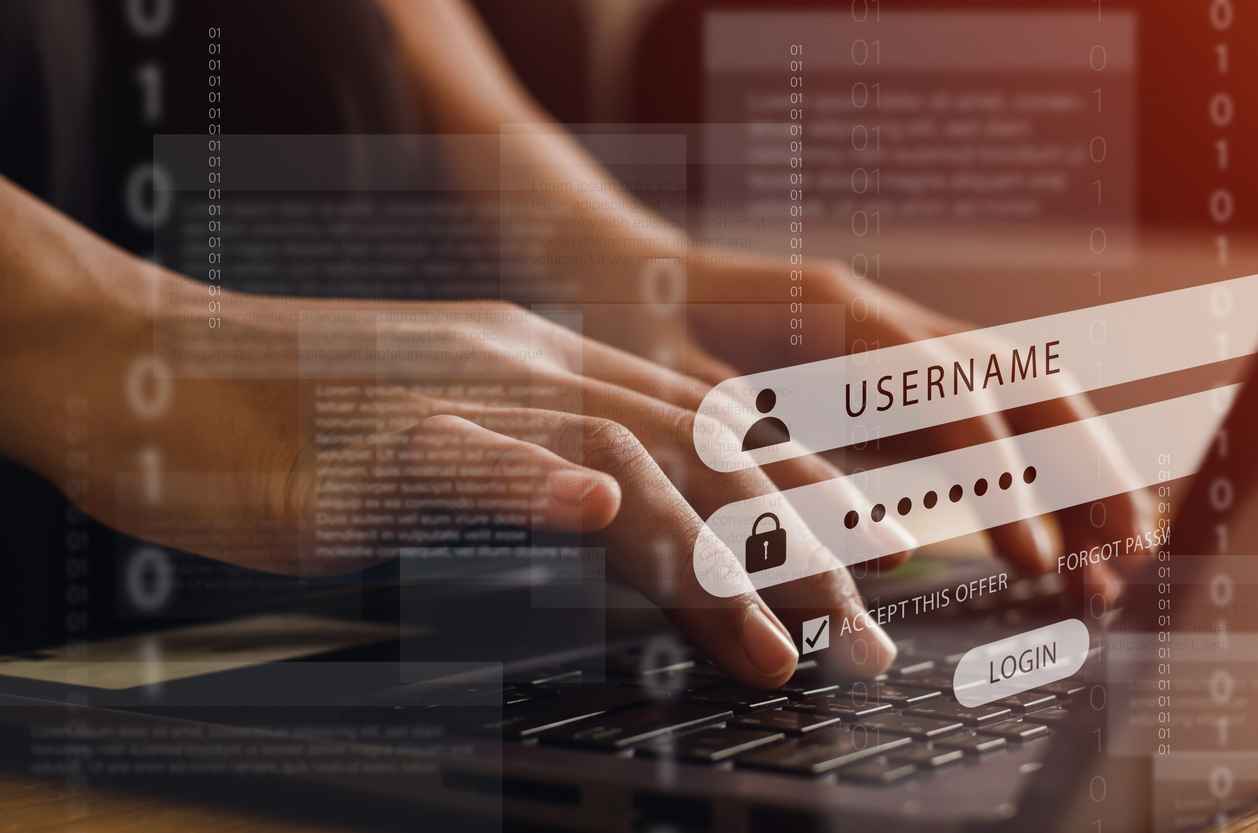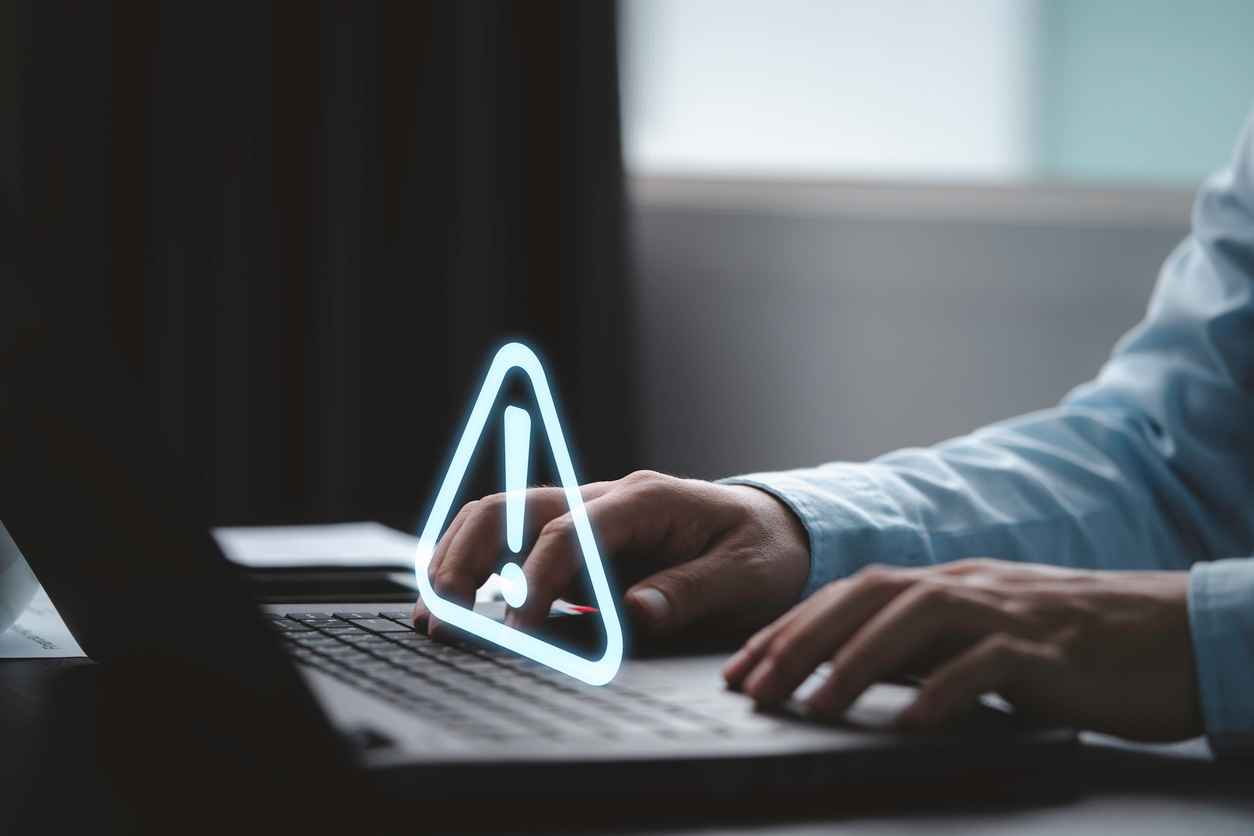
10 Online Safety Tips and Safe Online Practices for Internet Safety
March 2, 2023
Ten Tips to Stay Safe Online
The internet is a wonderful tool that allows us to connect with people worldwide, share information, and stay up-to-date on current events. However, it’s important to remember the risks associated with using the internet.
By following these ten important tips, you can help keep yourself and your information online safe when using the internet:
1. Use strong passwords and never reuse them. A strong password is at least eight characters long and includes a mix of uppercase and lowercase letters, numbers, and symbols.
2. Never click on links in emails or text messages from people you don’t know. These links could contain viruses or take you to sites trying to scam you.
3. Don’t enter your personal or financial information on websites that don’t have “https” in the address bar. The “s” stands for secure and means that the website is using encryption to protect your information.
4. Keep your software and apps up-to-date. Software updates often include security enhancements that can help protect your devices from being hacked.
5. Be careful about what you post online. Once something is posted, removing it completely from the internet is very difficult.
6. Think twice before friending or following someone you don’t know on social media. These people are trying to steal your personal information or scam you.
7. Don’t use public Wi-Fi networks to access sensitive information like your bank or email accounts. Hackers can set up fake Wi-Fi networks in public places, and if you connect to one of these networks, they could intercept the data you’re sending and receiving.
8. Make sure your home network is secure by using a firewall and encrypting your wireless connection.
9. Keep an eye out for signs that your computer has been infected with malware, such as unexpected pop-ups, slow performance, or changes to your homepage or default search engine without your permission. If you think your computer is infected, run a scan with antivirus software and install any available updates for your operating system and applications.
10. If you’re not sure whether a website is legitimate, do a quick Google search to see if there have been any reports of scams associated with it before entering any personal information on the site.
Contact Us Today to Learn More About Our Custom Digital Screen Solutions!
As the global leader in optical bonding, Fortec US supports you in all project phases – from the construction of the metal housing and procurement of specific parts to the in-house development of controller boards and touchscreen integration. In need of a product, part, or have a project in mind? Contact us today at (631) 580-4360 or click here for more information.
Make sure to follow us on Facebook and Twitter!
FAQ About Online Safety
What is online safety?
Online safety refers to the practices and measures taken to protect personal information, privacy, and security when using the internet. This involves using strong passwords, avoiding scams, and ensuring secure connections to protect yourself from cyber threats, phishing, and cyberbullying.
Why is online safety important?
Online safety is crucial because it helps protect your personal information and privacy from cybercriminals, online predators, and other malicious actors. It ensures that your data, such as usernames, passwords, and sensitive financial details, remain secure while you browse, communicate, and shop online.
What are 5 facts about online safety?
- Using strong and unique passwords helps protect your online accounts from unauthorized access.
- Public Wi-Fi networks can expose your personal information to hackers, so avoid using them for sensitive transactions.
- Secure websites with ‘https’ offer encrypted connections that protect your data during online transactions.
- Cyberbullying and online scams are common threats that can cause emotional and financial harm.
- Keeping software and privacy settings updated reduces the risk of malware infections and cyberattacks.
How can we stay safe online?
To stay safe online, always use strong passwords, enable two-factor authentication, be cautious about sharing personal information, and ensure websites are secure before making online transactions. Also, protect yourself from phishing and scam attempts by not clicking on suspicious links or downloading unknown attachments.
How are you safe online?
You can stay safe online by practicing internet safety skills, such as using encrypted connections (https), avoiding sharing personal information on public platforms, keeping software updated, and setting strong privacy settings on your social media and online accounts.
What describes safety?
Safety in the online context refers to actions and behaviors that reduce exposure to risks, such as cyber threats, malware, scams, and personal data breaches. This includes using security features like firewalls, strong passwords, and verifying website security.
How do you protect yourself online?
To protect yourself online, use unique and complex passwords, keep your devices updated with the latest security patches, be cautious of unsolicited messages or links, and employ privacy settings that limit the personal information you share on social media and websites.
Why is internet safety important?
Internet safety is important because it helps protect you from potential cyber threats, such as hackers, scammers, and cyberbullies. It also ensures the privacy of your personal information and helps safeguard against identity theft, fraud, and exploitation.

How Display Technology Strengthens Human-Machine Interaction
February 7, 2026

Cybersecurity in 2026: What Companies Should Be Preparing for Now
February 4, 2026

When Should I Change My Passwords?
February 1, 2026

How Smart Display Solutions Will Drive Brand Visibility in 2026
January 7, 2026

How Fortec US Helps Companies Navigate End-of-Life Components
January 5, 2026

5 Fortec US Technologies That Will Elevate Your Operations
December 20, 2025


